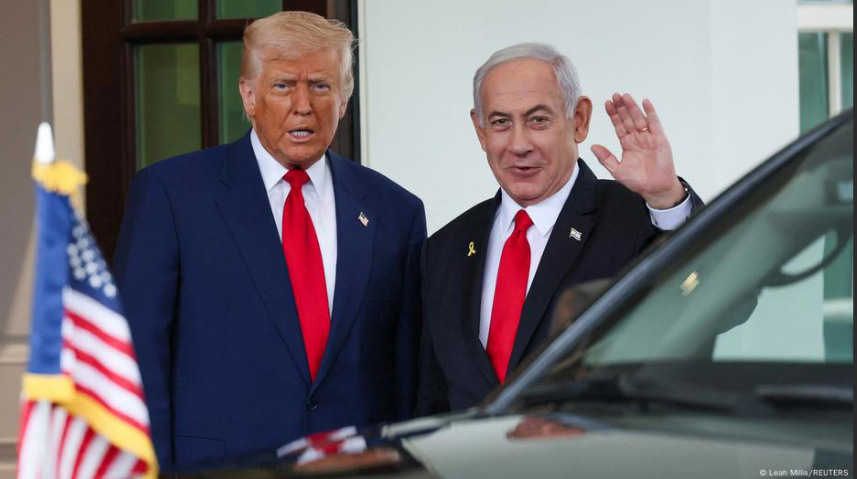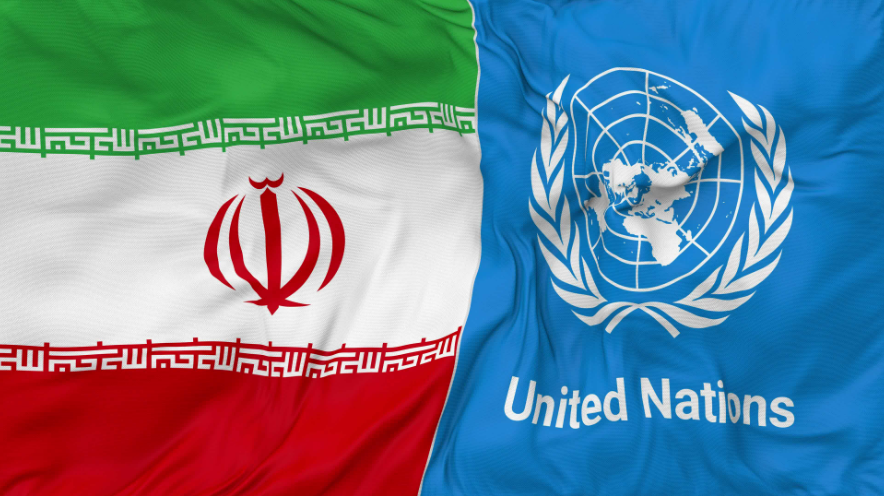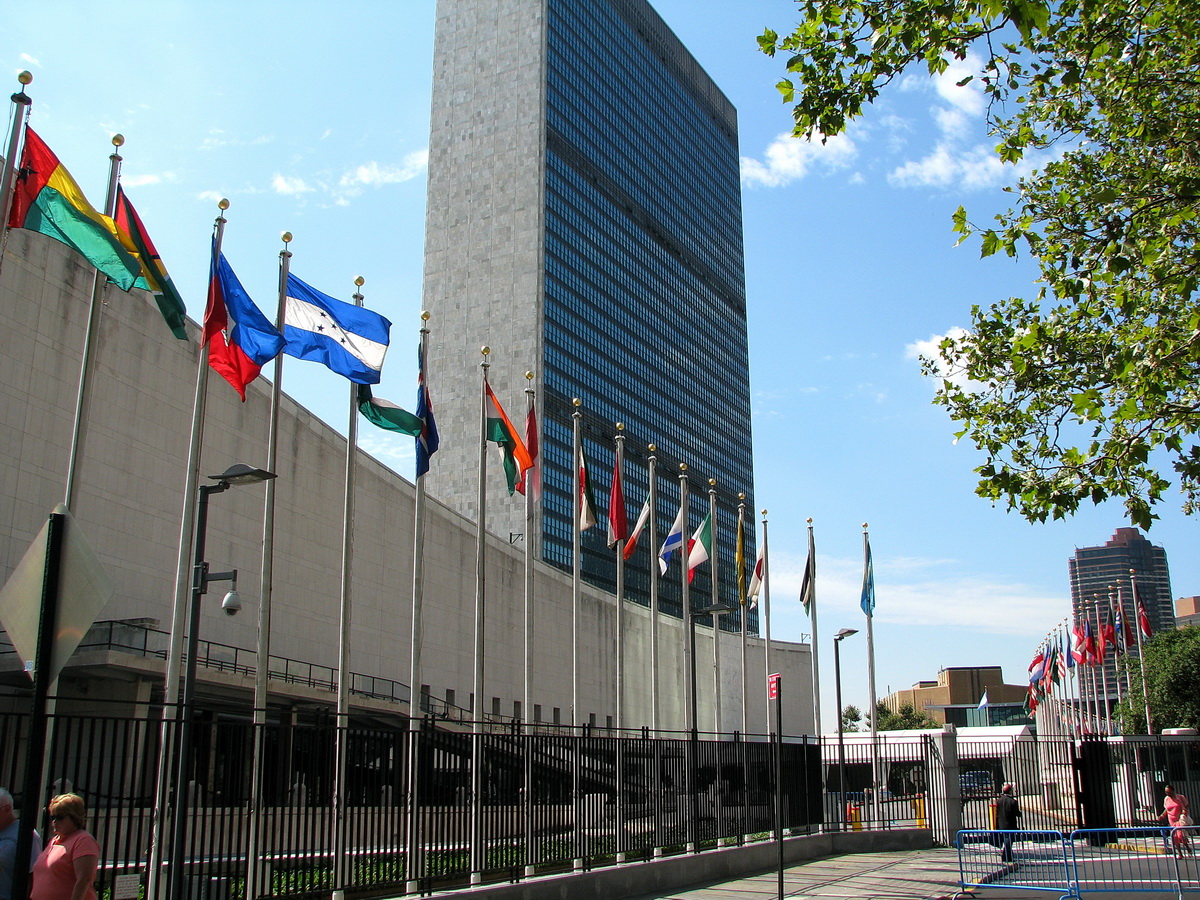Humanitarian Aid in Gaza – June 13, 2025
BRIEFING
Key Findings by Israel’s Supreme Court (March 2025)
- This decision is the first legal judgment that comprehensively reviews Israel’s humanitarian aid policy in the current Gaza war.[1]
- The Court found that Israel is not an occupying power in the Gaza Strip, based on the fact that Hamas retains the capacity to exercise a degree of independent governmental authority over large parts of Gaza. This position aligns with the International Court of Justice’s precedent in Democratic Republic of the Congo v. Uganda.
- Accordingly, while Israel has an obligation to allow and facilitate the passage of humanitarian aid into Gaza, it does not bear the heightened obligation of an occupying power to provide and distribute aid in areas under Hamas’s control.
- After a fact-driven process and an in-depth review of both open-source and classified materials, the Court concluded that Israel’s humanitarian policy complies with both international law and Israeli domestic law. It found no evidence that starvation was used as a method of warfare—let alone evidence supporting claims of genocide.
Facts on the Ground – Humanitarian Facilitation, Not Obstruction
- Since Jan. 19, 2024, over 25,000 aid trucks delivered more than 57,000 tons of food.
- Israel coordinated multiple aid routes: Kerem Shalom, new northern crossings, air drops, and Ashdod port.
- Israel facilitated fuel, medicine, water infrastructure repair, vaccination campaigns, and field hospitals.
- Temporary drops in aid were caused by holidays, fighting, or international agencies failing to coordinate—not by Israeli policy.
Place Responsibility Where It Belongs – On Hamas and its State Backers
- The Court accepted IDF intelligence that Hamas systematically diverts and steals humanitarian aid.
- Hamas attacks crossing points, exploits humanitarian corridors, and embeds fighters among civilians. Hamas’s actions are a direct extension of its evil human shield tactics. They deliberately increase civilian suffering and make the distribution of aid unsafe and unreliable.
- Hamas is sustained by external support from Iran (particularly through its Islamic Revolutionary Guard Corps – IRGC) and Qatar, which provide weapons, resources, and lavish funding. This enables Hamas to rapidly reconstitute its forces after each round of conflict. These state sponsors must be held accountable for prolonging the war and obstructing humanitarian efforts.
Hamas Violates International Humanitarian Law
- As a party to the conflict, Hamas is bound by IHL—especially the duty to protect Palestinian civilians in the areas under its control and allow aid into them.
- The fact that this is an asymmetric war does not relieve Hamas of its responsibility under IHL
- Instead, Hamas uses human shields, manipulates aid for military use, and weaponizes Palestinian suffering.
- This is not a tragic side-effect—it is a deliberate strategy to gain international sympathy while advancing its goal to annihilate Israel.
Hamas U.S.-Backed Gaza Humanitarian Foundation
- In February 2025, the U.S. and Israel backed the creation of the Gaza Humanitarian Foundation (GHF)—a private aid initiative using U.S.-based contractors to deliver food directly to Palestinian civilians.
- The U.S. State Department is considering $500 million in funding, making Washington a direct stakeholder.
- If Israel is accused of genocide over alleged starvation, the U.S. must also be implicated, given its central role in designing, backing, and financing the GHF food distribution model.
- It has been widely reported that yesterday, Hamas attacked a bus carrying aid workers to a distribution center in Gaza, killing at least five people. The attack occurred near Khan Younis and was condemned by the Gaza Humanitarian Foundation as a deliberate assault on humanitarian personnel.
- This underscores the broader point: while the U.S. supports food distribution efforts through the GHF, Hamas actively undermines them.”
This Is Not A Case Of Humanitarian Obstruction—It Is A Case of Humanitarian Hijacking.
- The Israeli Supreme Court’s March 2025 ruling, which found no evidence of starvation as a policy or method of warfare, directly contradicts the ICC’s arrest warrants against Prime Minister Netanyahu and Defense Minister Gallant. Those warrants rest on the very allegation the Court has now judicially rejected. If international justice is to remain grounded in fact—not politics—these charges must be re-evaluated and withdrawn in light of this authoritative domestic judgment. As for the ICJ genocide claim in South Africa v. Israel, the same logic applies: absent any evidence of an Israeli policy to induce starvation, the claim collapses for lack of specific intent, as required under the Genocide Convention.
Conclusions
Israel is facilitating humanitarian aid, not obstructing it. The Israeli Supreme Court’s March 2025 ruling, based on classified and open evidence, found no policy of starvation or genocidal intent, contradicting claims before international tribunals. This ruling deserves serious legal and political consideration.
The Court is widely recognized as independent and impartial, with a history of ruling against the government when warranted. Its findings reflect a rigorous, fact-based legal analysis, not political bias.
Hamas is the main cause of Gaza’s suffering, legally and morally responsible for aid theft, blocking deliveries, and attacking humanitarian workers—systematically hijacking relief efforts.
These abuses are sustained by state sponsors, especially Iran’s IRGC and Qatar, which supply Hamas with weapons, resources, and political cover, enabling ongoing conflict and obstruction.
The European Parliament, as well as any other credible international forum, must acknowledge Hamas’s obligations under international humanitarian law and the consequences of its repeated violations.”
Finally, the U.S. is actively funding humanitarian aid through the Gaza Humanitarian Foundation. Accusations of “genocide by starvation” must consider America’s central role in designing and financing the aid system. The narrative of Israeli obstruction fails under legal, factual, and operational scrutiny.
[1] Gisha v. Government of Israel. March 27, 2025. The judgment was delivered by the Court sitting as the High Court of Justice (HCJ), with President Yitzhak Amit authoring the main opinion.



